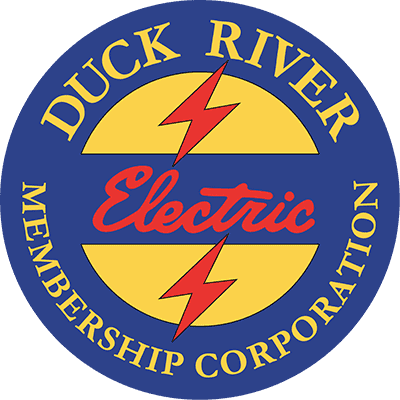28 Sep Duck River EMC launches broadband feasibility study
The future of rural America in the 21st Century depends on broadband connectivity.
This is why Duck River Electric Membership Corporation (DREMC) has launched a broadband feasibility study in its service area. Information will be gathered from various sources, including surveys and meetings with business and community leaders.
The goal is to identify opportunities to help bridge to “digital divide” that keeps tens of thousands of DREMC members from connecting to the Internet at speeds that meet the Federal Communications Commission’s definition of broadband.
Tennessee code prohibits electric cooperatives from providing Internet to homes. Electric co-ops, however, can erect, own and operate fiber-optic infrastructure as part of their core business of providing electricity.
DREMC needs greater digital communication capability. A fiber-optic loop has been proposed to connect all offices and substations, including the co-op’s emergency operations center. This project could also provide capacity for community purposes: fiber that could be leased to other parties, even Internet-to-home providers.
The broadband feasibility study will explore how the proposed fiber-optic loop might help improve connectivity in rural areas served by DREMC.
A nationally recognized consulting company, Magellan Advisors, will aid DREMC with data collection and analysis.
“This is a first but very important step,” says DREMC President and CEO Michael Watson.
“Today, so much depends on connectivity. Economic development, job creation and retention, healthcare, education, and public service are all enhanced by access to broadband Internet. But many rural households and communities do not have the connectivity they need.”
Watson describes the situation as very similar to the mid-1930s when electric cooperatives were created to bring central station power to rural America.
“Co-ops found ways to build power distribution systems at lower cost, using a non-profit business model based on member ownership, local control, innovation and dedication to community. We believe the same cooperative principles might be applied today to solve the broadband connectivity problem in southern Middle Tennessee,” he says.
Watson encourages DREMC members to go to the co-op’s website (www.dremc.com) to fill out one of two special broadband surveys.
“There is a residential survey and a business survey. Each takes only a few minutes to complete. Please help us gauge the need for improved connectivity. Tell your friends and neighbors about the surveys, too.”

